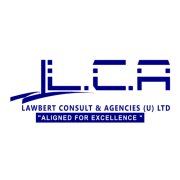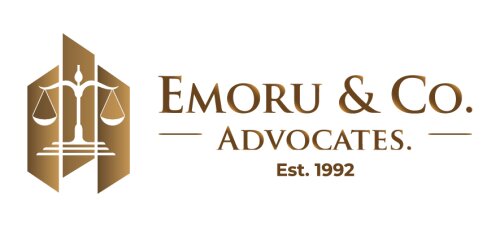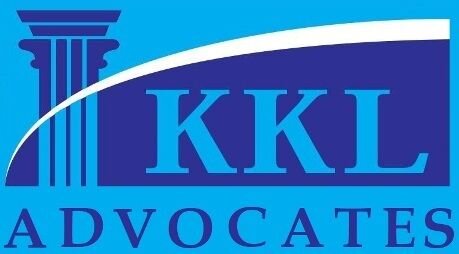Best Transportation Lawyers in Kampala
Share your needs with us, get contacted by law firms.
Free. Takes 2 min.
List of the best lawyers in Kampala, Uganda
About Transportation Law in Kampala, Uganda:
The transportation industry in Kampala, Uganda’s capital and largest city, is regulated by several laws enacted by the local and national government. The laws cover various aspects, including taxi and bus legislation, road safety, transportation of goods, and traffic regulation. The key regulatory bodies include the Kampala Capital City Authority (KCCA) and the Ministry of Works and Transport.
Why You May Need a Lawyer:
When it comes to transportation law in Kampala, there are several situations where legal counsel may be required. These include if you are a transportation service provider dealing with regulatory compliance, an individual involved in an accident, a person looking to sue a transportation company for personal injury or damaged goods, or if you require help with licensing and permits for transportation businesses. Lawyers can provide assistance in defending your rights, interpreting and applying the law, and navigating through court processes.
Local Laws Overview:
Key aspects of Kampala's transportation laws include the Transport Licensing Act, which requires all transport operators to be licensed, the Traffic and Road Safety Act, addressing traffic rules and safety measures, and the KCCA Act which governs public transportation, road use, and city planning. Moreover, the Roads Act covers construction, maintenance, and use of public roads, while the Stamps Act determines fees for licenses and permits.
Frequently Asked Questions:
1. How can I obtain a transport license in Kampala?
To obtain a transport license in Kampala, you need to apply to the Transport Licensing Board and adhere to requirements under the Transport Licensing Act. These may include proof of insurance, vehicle safety checks, and fees payment.
2. What are the penalties for violating traffic laws?
Penalties for violating traffic laws in Kampala may include fines, imprisonment, or both depending on the severity and frequency of the violation as per the Traffic and Road Safety Act.
3. Can a lawyer help me if my goods are damaged during transport?
Yes, a lawyer can guide you in the legal process of seeking compensation should your goods become damaged during transit according to the regulations under the Carriage of Goods Act.
4. What is the KCCA's role in Kampala's transportation?
The KCCA is responsible for road maintenance, enforcing transportation legislation, issuing licenses and permits, and ensuring safety standards in the city's public transportation system.
5. Are there special laws for taxi and bus operators?
Yes, there are specific regulations for taxis and buses including licensing requirements, route regulations, fare guidelines, and safety standards as governed by the Traffic and Road Safety Act and the KCCA Act.
Additional Resources:
For further assistance, consider reaching out to the Ministry of Works and Transport, the KCCA, or the Uganda Law Society which can provide information and resources on transportation laws in Kampala. Local law firms specializing in transportation law can also be valuable resources.
Next Steps:
If you require legal assistance, consider finding a lawyer who specializes in transportation law to help navigate the legal intricacies. It is advisable to collect any relevant documentation, understand your rights under the relevant laws, and articulate your needs and concerns clearly to your legal adviser. Remember, early legal assistance can contribute to a more favorable outcome.
Lawzana helps you find the best lawyers and law firms in Kampala through a curated and pre-screened list of qualified legal professionals. Our platform offers rankings and detailed profiles of attorneys and law firms, allowing you to compare based on practice areas, including Transportation, experience, and client feedback.
Each profile includes a description of the firm's areas of practice, client reviews, team members and partners, year of establishment, spoken languages, office locations, contact information, social media presence, and any published articles or resources. Most firms on our platform speak English and are experienced in both local and international legal matters.
Get a quote from top-rated law firms in Kampala, Uganda — quickly, securely, and without unnecessary hassle.
Disclaimer:
The information provided on this page is for general informational purposes only and does not constitute legal advice. While we strive to ensure the accuracy and relevance of the content, legal information may change over time, and interpretations of the law can vary. You should always consult with a qualified legal professional for advice specific to your situation.
We disclaim all liability for actions taken or not taken based on the content of this page. If you believe any information is incorrect or outdated, please contact us, and we will review and update it where appropriate.

















